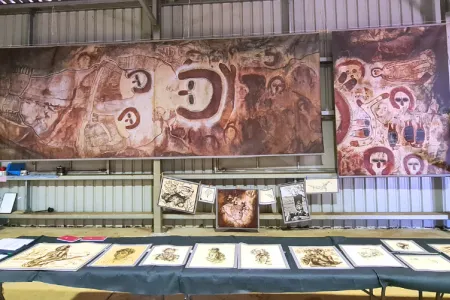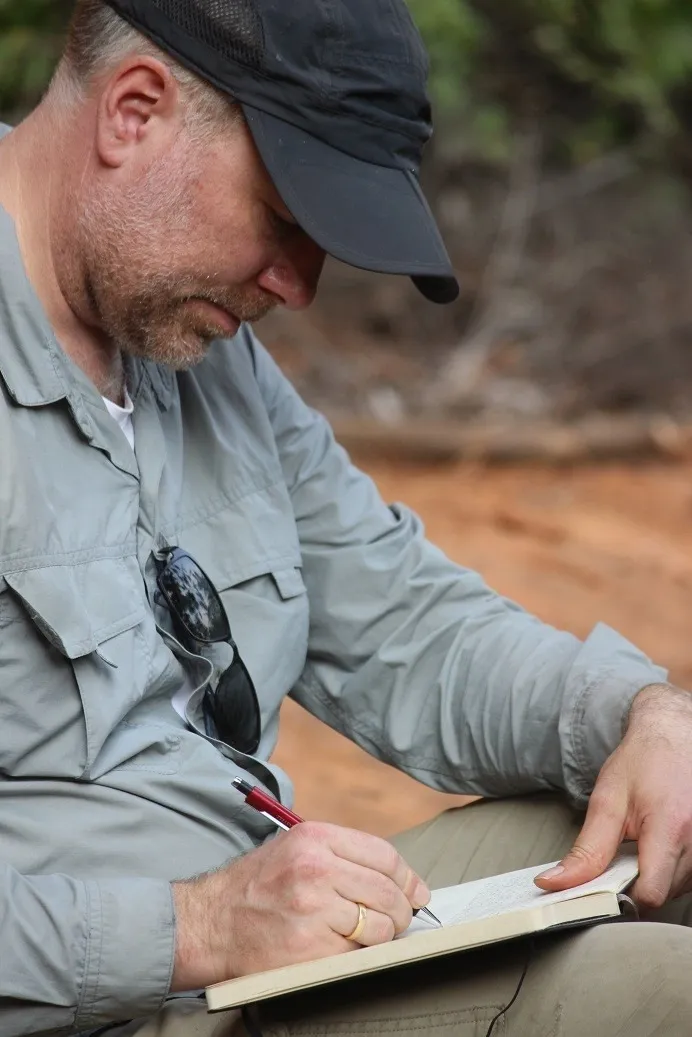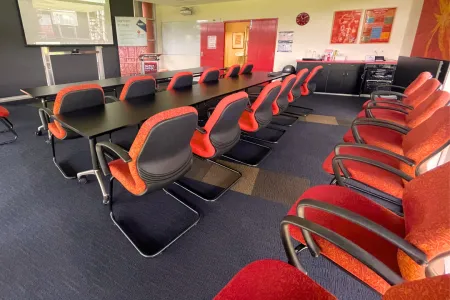Northern Institute
German Ethnographic Expeditions to the Kimberley
| Presenter | Martin Porr, Associate Professor of Archaeology, University of Western Australia | |
|---|---|---|
| Date/Time |
to
|
|
| Contact person |
Northern Institute
|
|
| Location | Northern Institute, Savanna Room (Casuarina Campus, Building Yellow 1, Level 2, Room 48) | |
| Open to | Researcher | |
Title: The German Ethnographic Expeditions to the Kimberley (1938/39, 1954/55): A collaborative assessment of research history and the interpretation of Aboriginal heritage
About
Historical ethnographic collections continue to be increasingly important for Indigenous communities today. However, the processes of repatriation and efforts to make materials in overseas institutions accessible to Traditional Owners can be a long and challenging process. These aspects are the focus of a current project that is jointly coordinated by researchers from the University of Western Australia and the Frobenius Institute (Frankfurt am Main, Germany) in collaboration with the Wilinggin, Dambimangari, and Wunambal Gaambera Aboriginal Corporations. This presentation will briefly overview some preliminary results from the initial collaborative assessment of the ethnographic materials from the German expeditions to the Northwest Kimberley (Western Australia) in 1938 and 1955. These expeditions were conducted by the Institut für Kulturmorphologie (now Frobenius Institute, Frankfurt am Main) and the then Museum für Völkerkunde (Munich). The project draws on unpublished archival materials in Germany (photos, drawings, sketches, reproductions of rock art images, personal notebooks), published books and papers and the direct input from Traditional Owners of the relevant Australian Indigenous communities. As such, the project is a case study of critical research history and anthropological knowledge production with similar significance to the participating Aboriginal partners and the archival institutions in Germany.
Presenter
Martin Porr is an Associate Professor of Archaeology and a member of the Centre for Rock Art Research + Management at the University of Western Australia (UWA). He was recently awarded an Australian Research Council Future Fellowship for the project Deep Time Images in the Age of Globalisation: Contemporary Heritage, Future Opportunities. His research has so far concentrated on aspects related to decolonising approaches in archaeology and human evolution studies, ethnographic collections research, European Palaeolithic archaeology, the Palaeolithic art of Europe as well as Australian rock art, and he has co-edited several international volumes on these themes. He has conducted fieldwork in Germany, Thailand, Australia, India, and the Philippines. He is currently engaged in active field research in the Kimberley, Western Australia. Before moving to Australia in 2008, he was employed at the Landesmuseum für Vorgeschichte (Halle/Saale, Germany) and was Museum Director of the Städtische Museen Quedlinburg (Germany). Between August 2015 and October 2017, he was formerly based at the Institut für Ur- und Frühgeschichte at the Universität Tübingen (Germany) as a Senior Alexander von Humboldt Research Fellow.
Registration
This event has already happened - find the recording in the "Past seminars and recordings" section on the Seminars page.
Getting there
Northern Institute
CDU Casuarina Campus
Yellow 1, Level 2, Room 48
Related Events
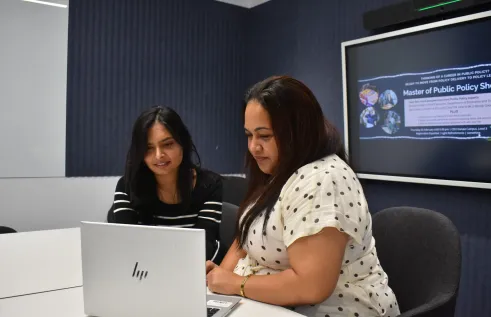
Master of Public Policy Showcase
Join Northern Institute for the MPP Showcase during O‑Week in late February to explore what the program offers and take the next step towards leading with purpose.
Read more about Master of Public Policy Showcase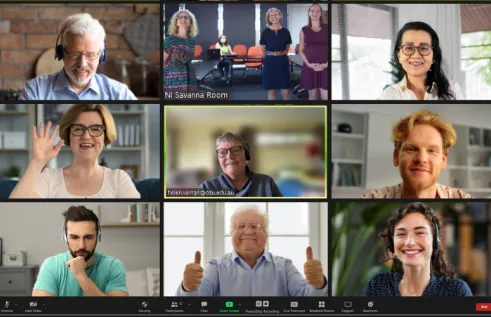
Thesis Talk
Thesis Talk is a facilitated academic discussion for HDR candidates to connect to and through ideas with research peers. Join the monthly online session to explore different topics, theories and practicalities. Talk through the nitty-gritty of research practices and reflect on your work.
Read more about Thesis Talk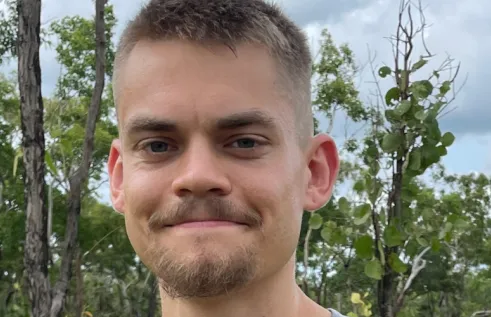
Applying a Gene Knockout Approach to Cane Toad Management and Research
Alex Funk, a PhD candidate at Macquarie University, is developing a CRISPR-based gene knockout method to control invasive cane toads in Australia by exploiting their cannibalistic tadpole behavior. His research combines herpetology, invasion biology, and conservation, building on his previous work studying feral pig impacts on salamanders.
Read more about Applying a Gene Knockout Approach to Cane Toad Management and Research
